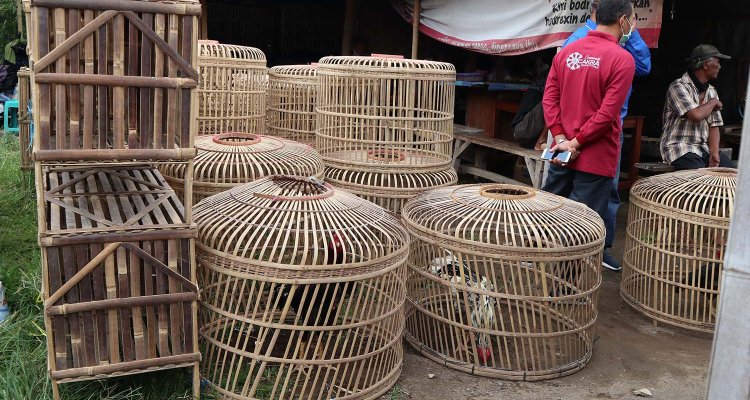
Project
Whole of Society preparedness in Indonesia
We implement a WoS approach to reducing the risk of poultry-to-human HPAI transmission through a set of five work packages aimed at addressing underexamined leverage points in the current system. These packages address the context of One Health governance, the development of integrated surveillance systems, the implementation of multi-level community interventions, the challenge of AMR in the face of HPAI in Indonesia, and then finally scaling our learnings to other settings. Together, our research offers a Whole-of-Society Approach to One Health actions.
Background
Zoonotic pathogens represent an ongoing threat to human and animal morbidity and mortality, with significant implications for global public health, national economies, international trade and personal livelihoods. Highly pathogenic avian influenza (HPAI), which has been identified as of high pandemic risk, can occur at the human-to-poultry interface. While human-to-human transmission has to date been limited, there have been 200 cases in Indonesia, with 168 deaths (with a case fatality rate of 84%) (WHO, 2023c). HPAI can have significant social and economic costs to Indonesian livelihoods. Indonesian poultry industry mainly consists of small-scale poultry farms, which makes them the most exposed to the human and economic costs of HPAI. Addressing HPAI risk in Indonesia cannot happen by focusing on the health care sector alone.
Project description
We implement a WoS approach to reducing the risk of poultry-to-human HPAI transmission through a set of five work packages aimed at addressing underexamined leverage points in the current system. These packages address the context of One Health governance, the development of integrated surveillance systems, the implementation of multi-level community interventions, the challenge of AMR in the face of HPAI in Indonesia, and then finally how do we apply our learnings to other settings. Together, our research offers a Whole-of-Society Approach to One Health actions.